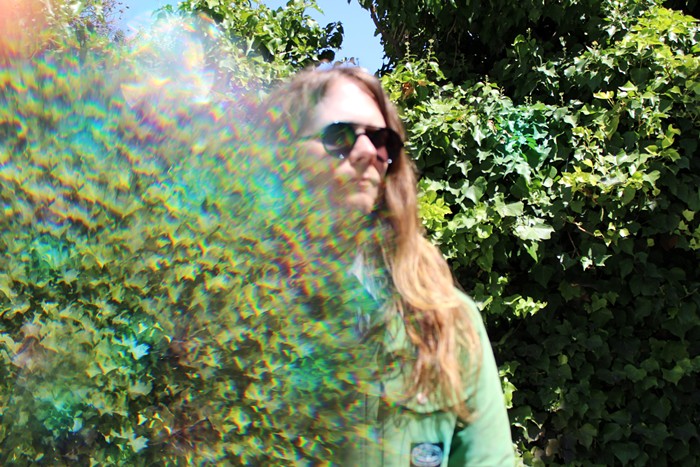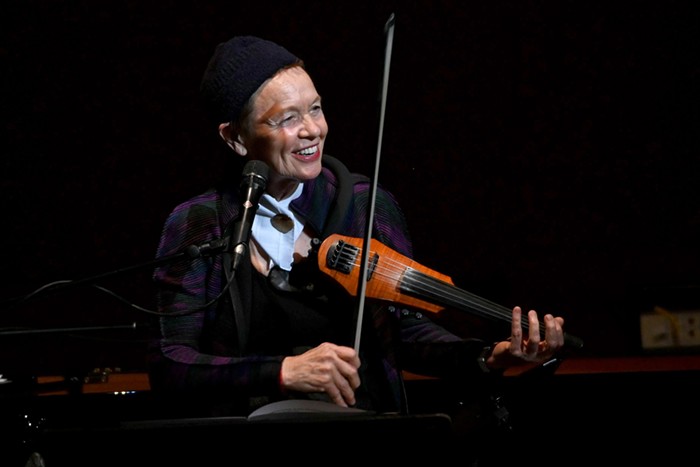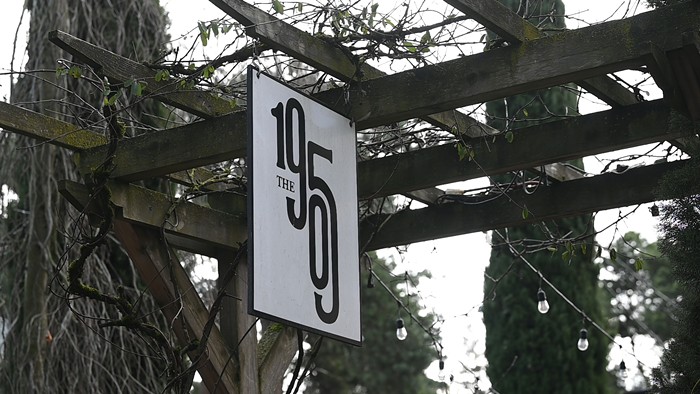Billy Joel has sold more than 150 million albums worldwide. He set the record for sold-out shows at Madison Square Garden—12, two more than runner-up Bruce Springsteen—and had 13 Top 10 hits and 11 Top 10 albums. His songs are radio mainstays and his tours gross millions of dollars. But nobody cares about Billy Joel—nobody who matters, anyway.
The un-ironic indie embrace of '70s and '80s pop icons extends to Bruce Springsteen and Elton John, but shirks Billy Joel. Between the two of them, Springsteen (Joel's thematic cousin) and John (his recent tour partner) have 31 Top 10 albums and 29 Top 10 songs, but their mega-moneyed mega-stardom doesn't supersede the Rolling Stone covers and Pitchfork column space that Joel is denied.
Springsteen swaps songs with Arcade Fire and hangs out with the Hold Steady. Elton John performs with Scissor Sisters. Joel is covered by... Garth Brooks. Nobody's name checking him in interviews and he's not cited as an influence on anyone of consequence. (The Fray? Ugh.) It's not that music lovers badmouth him, it's that they don't talk about him at all. In the first 15 years of his career, Joel made a slew of truly great, instantly recognized pop songs—as smart, streetwise, and gutsy as any of Springsteen's early material. But outside the mainstream, he's stigmatized like some kind of ivory-tickling Sting.
In 1986, around the time of Greatest Hits Volume I & Volume II (the sixth-bestselling album of all time, BTW), Billy Joel was my first musical love (the Fat Boys were more of a crush). Summer camp provided the introduction and the setting for a full-blown romance with his music, though much of the Catholic-knocking socio-sexual nuance of "Only the Good Die Young" was lost on my Jewish 11-year-old ears. Still, hormonal adolescence proved the perfect lens through which to appreciate Joel's suburban-kid-living-in-the-big-city narratives. The love affair lasted into high school, when the Storm Front Tour became the first concert I ever attended after my mom and I spent the night in front of an Eckerd Drugs in West Palm Beach, Florida, to buy tickets. Then I went to college and started smoking pot. From that point on, nothing: Billy Joel didn't fit into grown-up life.
Talking to friends and colleagues about this story, I learned that many people my age had an early period of Joel appreciation (surprising), though nobody's rocking Glass Houses on their iTunes (not surprising). Those old songs are still good—hook-heavy pop rock delivered with schoolboy conviction—but they're impossible to relate to as an adult. In "Piano Man," all I can hear is my pubescent self, singing along with the rest of my cabin-mates on a humid summer afternoon. Hits like "You May Be Right" and "It's Still Rock and Roll to Me" are clever and brash but bratty, simplistic—best left for random radio sing-a-longs or, better yet, karaoke. Even "Captain Jack"—a longtime fan favorite, and Joel's grittiest portrayal of urban white-boy angst—feels stunted. The song's emotional scope is broad but ultimately shallow, like teen-dom itself.
With 1982's The Nylon Curtain, Joel started growing up. "Allentown" and "Goodnight Saigon" left behind coming-of-age storylines in favor of broader social statements that aspired to—but didn't quite achieve—zeitgeist consequence. An Innocent Man followed with its doo-wop/wall-of-sound revivalism. The Bridge featured the senior prom–ready "This Is the Time." With each album, Joel heavy-handedly announced his artistic intent: an "issues album," an "homage album," and a "recovery album." Joel shed his boyish conviction for a manly righteousness that didn't fit, as well. And then came "We Didn't Start the Fire."
Joel's second-most-famous song bleach-ed any potential cred out of his legacy once and for all. In hindsight, it plays like a Googling of the phrase "baby boomer American history"—like "Captain Jack," it's a willfully shallow survey of personal experience, nostalgia set to the most insidious chorus ever. With that song, Joel leaped over the hill, turning the highlights of his early life—his previous stock in trade—into a neatly rhymed montage. Back in '89, my mom explained every reference, lesson-like, and I was actually interested. Now I'm just annoyed.
Springsteen sings about adults with sympathy, minus melodrama: That's what makes him a mentor for cusp-of-adulthood indie rockers. Couched in camp, Elton John has always countered sentimentalism with a sense of humor, a knowing, self-effacing dualism that modern acts aspire to, but rarely achieve. Joel never got there, in depth or in irony. He worked best when we were kids.


















